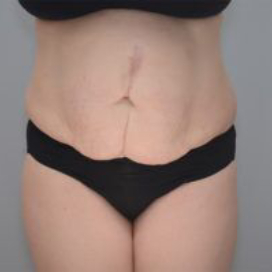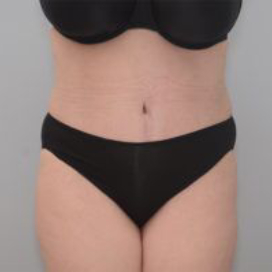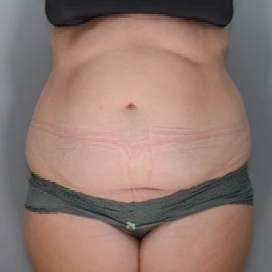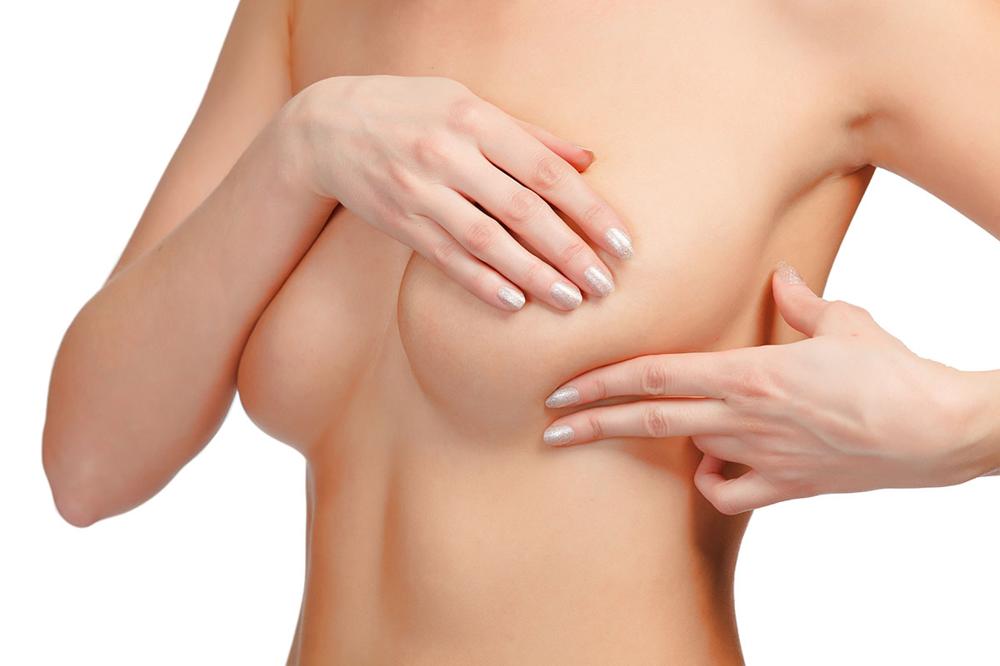The popularity of breast implants has only grown since the FDA lifted its ban on silicone implants in 2006. According to the National Plastic Surgery Statistics Report, over 330,000 women underwent breast augmentation in 2018, and it continues to be the top cosmetic surgical procedure since 2006.
Are breast implants safe, though? With an ever-increasing number of women opting to go under the knife, one might assume that a breast augmentation is without serious risk. However, some women with breast implants have reported experiencing a wide range of symptoms, along with sudden-onset autoimmune diseases, after their procedure.
These symptoms and changes in one’s body after a breast augmentation are collectively known as breast implant illness, and it is important to know the signs of BII.
symptoms to look out for
Breast implant illness is a multifaceted illness with widespread and varying symptoms, including:
- Cognitive Dysfunction: Difficulty concentrating, forgetfulness, memory loss, and brain fog
- Low Energy: A general sense of fatigue that lasts throughout the day
- Hormonal Imbalances: Irregular menstrual cycle or absent periods; early onset of menopause; unexplained weight loss or weight gain, hair loss, and/or strong body odor; low libido levels; symptoms or diagnosis of thyroid disease; adrenal hypo/hyperfunction
- Digestive Disorders: Changes in metabolism, which can result in leaky gut syndrome, malabsorption of food, sensitivity to smells, and constipation
- Digestive Disorders: Changes in metabolism, which can result in leaky gut syndrome, malabsorption of food, sensitivity to smells, and constipation
- Digestive Disorders: Changes in metabolism, which can result in leaky gut syndrome, malabsorption of food, sensitivity to smells, and constipation
- Disturbance in Sleep Patterns: Insomnia, having trouble staying or falling asleep
- Breast Changes: Swelling, redness, pain, rashes around the breast, discharge, and change in shape and/or color, which may indicate a possible leak from the implants
- Skin Changes: Rashes, allergies, and eczema; changes in pigmentation; skin freckling
Women have also reported experiencing sudden food intolerances and allergies, migraines and dizziness from lack of sleep, and a weakened immune system. Oftentimes, colds, the flu, and other common illnesses are easily caught, and wounds take a long time to heal. Muscle aches, joint pain, and overall weakness have been reported as well.
Changes in mental health are also very common. Imbalanced hormones, insomnia, and unexplained symptoms can take a toll on one’s mental health, resulting in anxiety, depression, mood swings, and sometimes even suicidal thoughts. If you are experiencing suicidal thoughts, contact a health professional immediately.
diagnosis of autoimmune disorders
Symptoms or diagnosis of autoimmune disorders such as rheumatoid arthritis, lupus, ulcerative colitis, Crohn’s disease, multiple sclerosis, Hashimoto’s thyroiditis, and Graves’ disease have also been linked to breast implant illness.
do you think you have breast implant illness?
The jury is still out regarding the recognition of these symptoms as a proper medical diagnosis. However, there are now an increasing number of studies looking at the condition as more and more women report the symptoms they’re experiencing after having a breast augmentation. The FDA has also added BII to their Risks of Breast Implants page.
If you’ve had a breast augmentation and are experiencing any symptoms of breast implant illness, you are encouraged to report your symptoms to the FDA. Click here for more information about our Breast Implant Removal procedure or contact the office for a consultation with plastic surgeon Dr. Jeffrey Lee.






